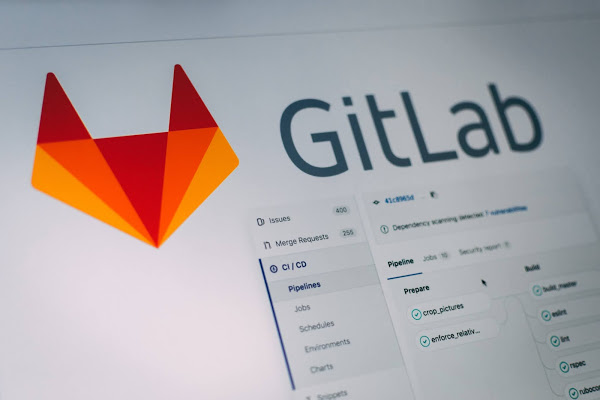GitLab Fixes Several Vulnerabilities Reported by Bug Bounty

With an update to its software development infrastructure, Gitlab has addressed numerous vulnerabilities — including two high-impact online security flaws.
GitLab is a web-based DevOps life cycle platform providing an open-source license from GitLab Inc. to offer wiki, problem-tracking, and continuous pipeline integration and deployment capabilities. Ukrainian programmers Dmytro Zaporozhets and Valery Sizov have designed the program.
In GitLab’s GraphQL API, a cross-site request forgery (CSRF) has developed a mechanism for an attacker to call modifications while they are impersonating as their victims.
Cross-Site Request Forgery (CSRF) is an attack that causes an end-user in a web application to perform undesirable activities wherein he or she is presently authenticated. Users of a web application may be lured towards carrying out activities of an attacker using some social engineering support (such as delivering a link by email or chat). If the target is a regular user, a successful CSRF attack can force the user to make modifications such as money transfers, email addresses, etc. CSRF can compromise the whole web application when the victim is an administration account.
The Gitlab Webhook feature could be exploited for denial- of service (DoS) attacks because of a second high-level security vulnerability.
An attack by a Denial-of-Service (DoS) is designed to shut down a user computer system or network, which makes it unreachable to its intended users. DoS attacks achieve this by flooding or delivering information to the target causing a crash.
‘Afewgoats’ researchers have identified DoS vulnerability and reported it through a HackerOne-operated GitLab bug reward program.
For both higher intensity vulnerabilities, CVE trackers were requested, although identification is not yet assigned. The Daily Swig was told by Ethical hackers that they had been working on a strategy for attacking webhook services.
“The webhook connections usually have timeouts set, but my badly-behaving webserver can bypass them and keep the connection open for days,” afewgoats explained. “It’s the only Denial of Service, but it could tie up huge amounts of memory on the victim servers.”
“So far it’s been successful against PHP, Ruby, and Java targets,” they added.
Through updating installations to a new version of GitLab, CRSF and DoS issues and a range of minor errors can be rectified.
As a security advisory from GitLab, the platform upgrade addresses 15 medium severity and two low-impact issues. These add-on vulnerabilities also include a clipboard DOM-based cross-site scripting (XSS) issue, a reflected XSS in release edit pages, and the audit log problem of the stored XSS.
If you like the site, please consider joining the telegram channel or supporting us on Patreon using the button below.


